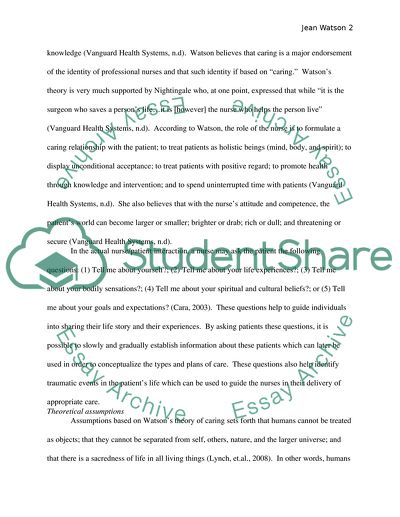Cite this document
(Jean Watsons Carative Nursing Theory Research Paper, n.d.)
Jean Watsons Carative Nursing Theory Research Paper. Retrieved from https://studentshare.org/nursing/1747452-jean-watsons-carative-nursing-theory
Jean Watsons Carative Nursing Theory Research Paper. Retrieved from https://studentshare.org/nursing/1747452-jean-watsons-carative-nursing-theory
(Jean Watsons Carative Nursing Theory Research Paper)
Jean Watsons Carative Nursing Theory Research Paper. https://studentshare.org/nursing/1747452-jean-watsons-carative-nursing-theory.
Jean Watsons Carative Nursing Theory Research Paper. https://studentshare.org/nursing/1747452-jean-watsons-carative-nursing-theory.
“Jean Watsons Carative Nursing Theory Research Paper”, n.d. https://studentshare.org/nursing/1747452-jean-watsons-carative-nursing-theory.


